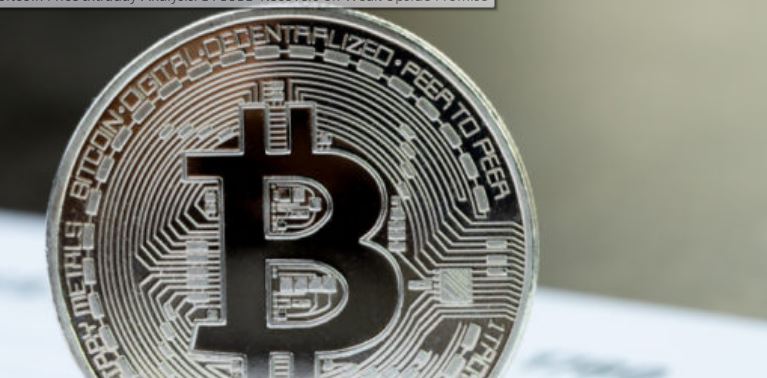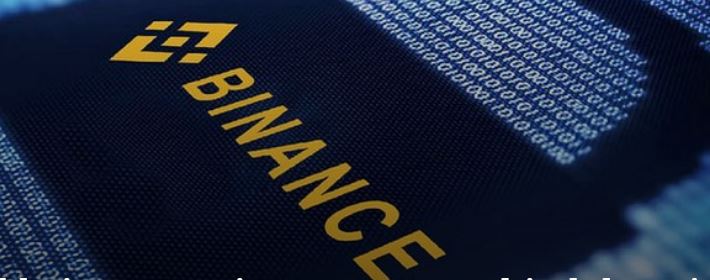SEC Calls 9 Cryptos ‘Securities’ in Insider Trading Case

The SEC and DOJ brought insider trading charges against three people Thursday, but assertions cryptocurrencies are securities may hold greater implications.
The U.S. Securities and Exchange Commission used its first insider-trading case Thursday to formally declare nine digital tokens as “securities“ in its ongoing practice of defining its crypto oversight through enforcement actions.
The federal securities regulator filed a complaint Thursday alleging a former Coinbase (COIN) product manager engaged in insider trading by giving his brother and a friend tips on which assets the exchange planned to list in the near future. In an unusual move, the SEC also explicitly said nine of the crypto assets listed were securities.
While the SEC has identified cryptocurrencies as securities in the past, typically it did so in enforcement actions or settlements with the issuer. But Thursday’s complaint is the first time the SEC identified several cryptocurrencies as securities without charging the issuers – or, for that matter, the exchange listing the so-called securities. The tokens listed were Flexa’s AMP, RLY, DDX, XYO, RGT, LCX, POWR, DFX and KROM.
The SEC declined to comment when sent a detailed set of questions about whether Thursday’s action was a precedent for how it would identify crypto assets it sees as securities; whether it intended to bring enforcement actions against crypto issuers behind the assets identified in Thursday’s action; whether it will bring charges against exchanges listing these assets; and whether it would penalize Coinbase for listing these assets.
An SEC official said the investigation into the underlying insider trading case was ongoing.
In a tweeted statement, Commodity Futures Trading Commission (CFTC) Commissioner Caroline Pham called the action a “striking example of ‘regulation by enforcement.’”
Attorney Jason Gottlieb, a lawyer with Morrison Cohen LLP, noted that the issuers, Coinbase and any other exchanges that may have listed the cryptocurrencies deemed securities “aren’t parties” to the action, meaning they may not be able to challenge the SEC’s determination in court.
For its part, Coinbase said none of the cryptocurrencies it lists are securities, and pointed to a parallel Department of Justice action that “did not charge securities fraud.”
“The SEC charges are an unfortunate distraction from today’s appropriate law enforcement action,” the Coinbase blog post, which was originally published in April but updated Thursday, said.
The 62-page SEC complaint went through the nine tokens one by one to illustrate how each should be defined under the Howey Test as securities.
“Each of the nine companies invited people to invest on the promise that it would expend future efforts to improve the value of their investment,” the agency asserted in the document.
Coinbase separately filed a petition with the SEC asking for it to start a rulemaking process to detail how it would apply federal securities laws to crypto assets.
“Securities law is thus not well-suited to govern digital assets. Attempted application of such ill-fitting laws to crypto creates a number of problems,” a blog post published Thursday said.










